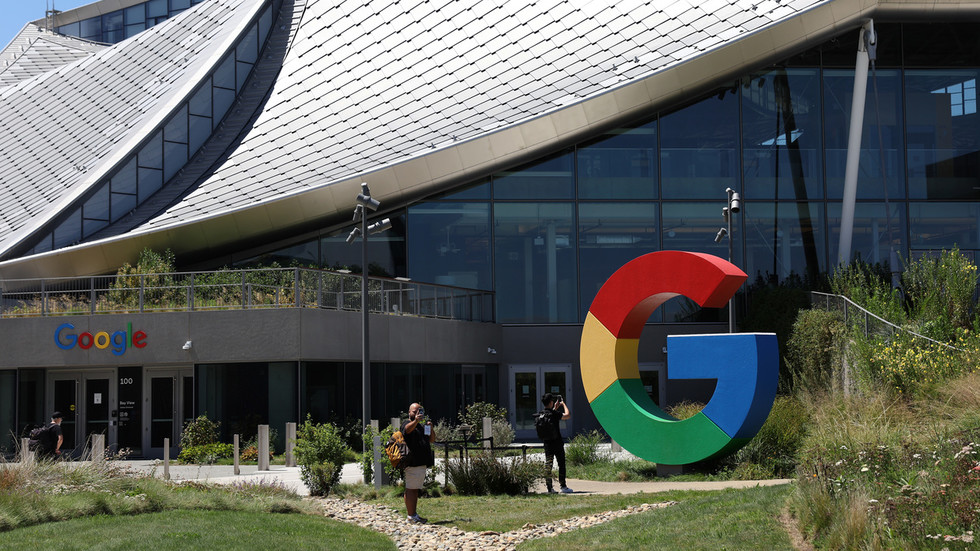The U.S. Department of Justice (DOJ) is taking significant steps to address what it perceives as Google’s monopoly over the online search market and surrounding ecosystems. In a recent court filing, the DOJ suggested that a structural separation may be necessary to dismantle Google’s control. This proposal could see Google’s search operations severed from its other products, notably the Android operating system, the Chrome web browser, and the Google Play app marketplace. The DOJ has cited a pattern of “interlocking and pernicious harms,” claiming that Google’s dominance has led to unfair advantages that hamper competition, resulting in detrimental effects on users and rivals alike. The DOJ is looking to introduce both behavioral and structural remedies aimed at restoring a competitive landscape in the digital marketplace, arguing that the tech giant’s capacity to hoard data at the expense of competitors contributes to these antitrust issues.
This forthcoming action follows a federal judge’s decision in August that concluded Google had indeed violated U.S. antitrust laws. Judge Amit Mehta characterized Google as a monopolist that engaged in practices to perpetuate its market dominance. His ruling highlighted that Google’s payment of substantial sums to device makers to secure default status for its search engine was an integral part of this monopolistic behavior. The DOJ has responded to this ruling by asserting that an array of remedies is necessary. They seek to alleviate market constraints imposed by Google’s exclusionary practices and to ensure a smoother competitive process for potential rivals in future market interactions. There’s an emphasis on barring Google from benefiting from its demonstrated legal violations, thereby promoting broader competition.
In light of these developments, Google has openly criticized the DOJ’s proposals, labeling them as “radical.” The company argues that breaking apart its integrated services could ultimately harm user experience and stifle innovation. Google contends that products like Chrome and Android thrive as free offerings because of their current structural arrangement, which incentivizes ongoing development and maintenance. The company argues that limiting these services could lead to less robustness in the technology ecosystem. Moreover, Google raises concerns regarding the potential adverse effects on American competitiveness in the global tech arena should such structural changes be initiated.
The situation for Google and its parent organization, Alphabet, is particularly complex, with uncertainty surrounding potential penalties or changes to their business practices. Historical context reveals challenges in breaking up monopolistic tech giants; for example, a government attempt to dismantle Microsoft in the 1990s ultimately stalled due to prolonged appeals, resulting in a withdrawal of DOJ efforts. Google’s current predicament is further complicated by an additional antitrust lawsuit initiated by the DOJ in conjunction with 17 states, which accuses the company of engaging in anticompetitive practices within its advertising segment. This ongoing legal scrutiny reflects heightened regulatory sentiment toward tech companies broadly viewed as possessing monopolistic power.
The European Union’s approach to privacy and competition has also influenced the situation, as Google has already faced substantial monetary penalties in the region. These past experiences with antitrust actions abroad highlight the potential consequences that Google may face if the DOJ chooses to pursue aggressive remedies. Other prominent tech companies, such as Amazon and Meta Platforms, are similarly under scrutiny for alleged monopolistic practices, suggesting a broader trend of regulatory examination across the tech landscape. This collective move toward stricter oversight indicates a shift in an era where big tech’s market influence is increasingly challenged by government bodies.
As this legal saga unfolds, the DOJ is expected to articulate a more detailed set of proposals regarding potential remedies by November 20, with Google set to respond by December 20. This timeline indicates an ongoing high-stakes confrontation between the government and one of the world’s largest tech entities. The outcome could redefine the operational landscape for major players within the technology sector, determining the extent to which monopolies can persist within a fast-evolving digital economy. As arguments intensify, the focus remains on how to best foster competition while ensuring user interests and privacy are adequately protected amidst rapid technological advancements.

